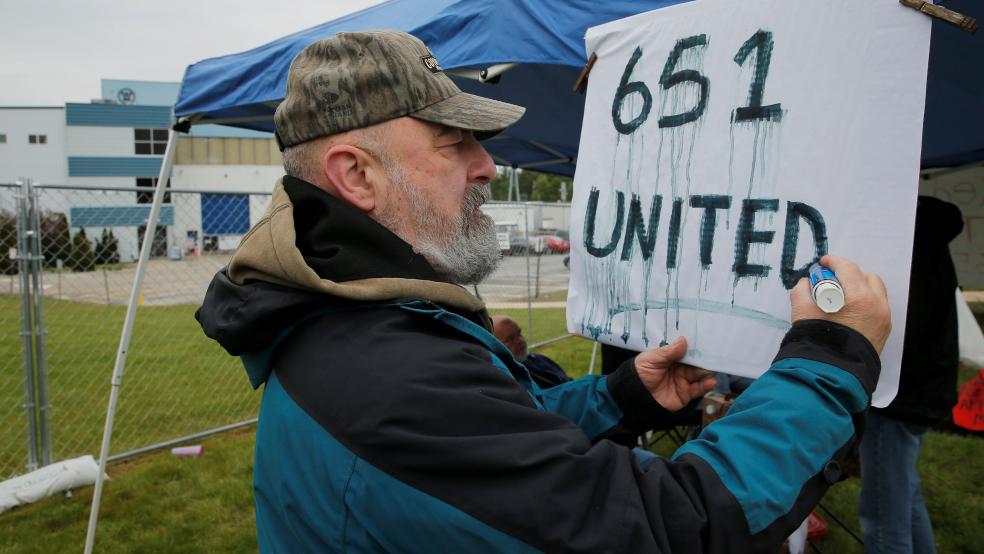WILMINGTON, Del. (Reuters) - The Delaware Supreme Court ruled in favor of Chicago Bridge & Iron Co on Tuesday in a $2 billion dispute with Westinghouse Electric Co that stems from cost overruns at a pair of unfinished U.S. nuclear power plants.Chicago Bridge shares soared after the court ended the battle over a 2015 deal in which Westinghouse, a unit of Japan's Toshiba Corp , bought the Shaw nuclear construction business of Chicago Bridge.Pittsburgh-based Westinghouse later sought an adjustment to the closing deal price by questioning Chicago Bridge's historical accounting, which Chicago Bridge said amounted to an attempt to recut the deal.Westinghouse and Chicago Bridge agreed that an independent auditor would review post-closing adjustments to the deal price, a process that is underway.Tuesday's ruling will prevent Westinghouse from bringing to the auditor issues tied to historical accounting, which made up the bulk of Westinghouse's claim for $2 billion as a post-closing adjustment."CB&I looks forward to quickly resolving any remaining disputes between the parties, which we believe should be immaterial in light of the court’s ruling,” said a statement from Chicago Bridge's Chief Executive Officer Philip Asherman.Westinghouse spokeswoman Sarah Cassella said the company was reviewing the ruling.Chicago Bridge shares rose as much as 38 percent after the news and were last up 36.2 percent at $19.61 - on track for their biggest one-day percentage gain ever. Trading volume also broke a record for the company and volume already exceeded six times its 10-day moving average about an hour before the markets close. The stock had tumbled 50.5 percent since May 8 as investors were anxious about the case as well as weak earnings.The news effectively took a $2 billion overhang off the company, which reported revenue of $2.4 billion for the first quarter of 2017."The dispute is now only over an amount less than $70 million, and most importantly, is not able to be appealed," said Daniel Scott of MKM Partners who estimated the amount from numbers filed by Westinghouse. Westinghouse bought Shaw for nothing up front, but agreed to accept liabilities related to nuclear plant projects that Shaw was building in partnership with Westinghouse in Georgia and South Carolina.Billions of dollars of cost overruns at those projects forced Westinghouse into bankruptcy in March, and have threatened Toshiba with financial ruin.Toshiba's U.S. shares fell 1.56 percent to $15.66 after the news. Westinghouse sought $2 billion from Chicago Bridge as a post-closing adjustment, contending that the infrastructure firm's historical accounting was not compliant with generally accepted accounting principles, or GAAP. Chicago Bridge had sought $428 million from Westinghouse as a post-closing adjustment.Chicago Bridge sued last year in Delaware's Court of Chancery seeking a declaration that GAAP compliance was not an issue for the independent auditor. The Court of Chancery ruled for Westinghouse, a decision the Supreme Court said on Tuesday opened the way for Westinghouse to make "a wide-ranging" challenge Chicago Bridge's accounting. "We conclude that the Court of Chancery erred in interpreting the purchase agreement this way," the Supreme Court wrote. (Reporting by Tom Hals in Wilmington, additional reporting by Sinead Carew in New York, Delaware; Editing by Bernard Orr and Noeleen Walder)

